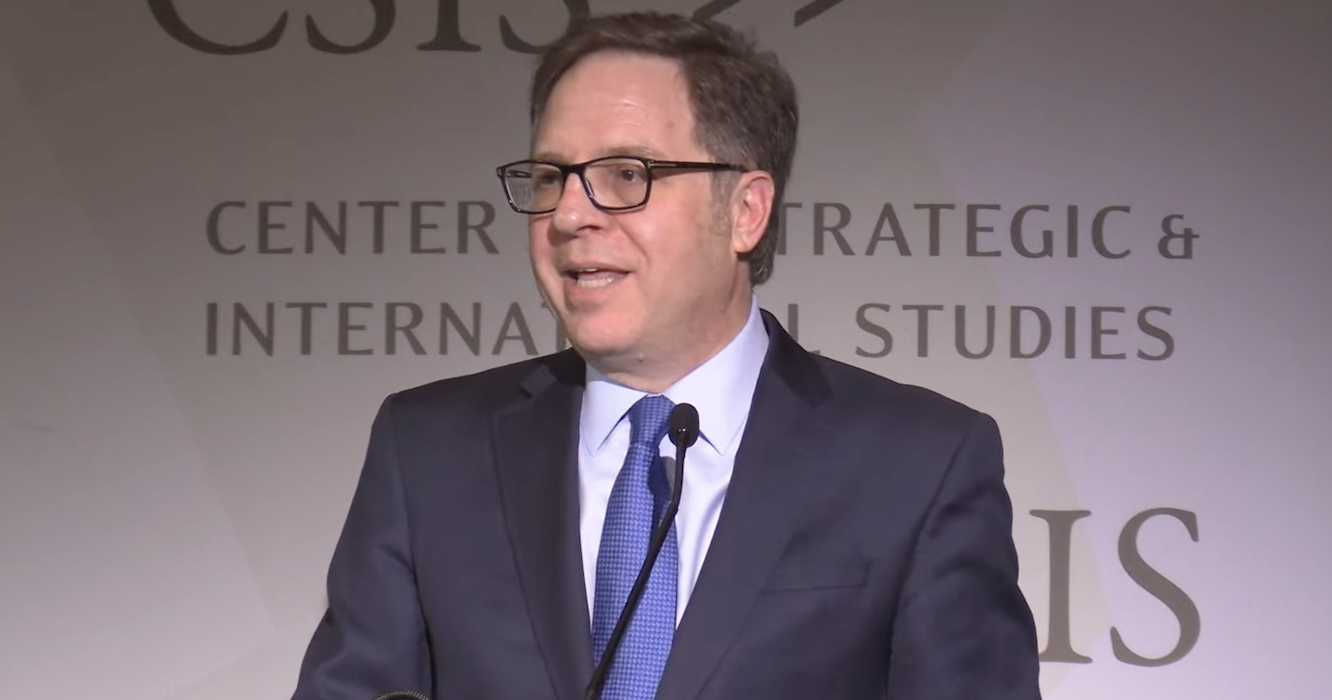NTIA Announces New $420M Round of Open RAN Funding
The second round of the agency's Wireless Innovation Fund will support research and development of open radio units.
Jake Neenan

WASHINGTON, May 7, 2024 – The National Telecommunications and Information Administration announced on Tuesday a new $420-million funding round of its Wireless Innovation Fund.
The second funding round will support projects related to developing radio units – which sit atop towers to send and receive signals – for use in the open RAN networks the fund is designed to stimulate. Proposals eligible for funding are split into two categories: projects in which radio suppliers will have to partner with operators to develop commercially viable open radio units, and research and development projects in areas like software-defined radios and spectrum sharing.
The agency is planning to award $25-45 million per project in the commercialization category, and $5-10 million per project for R&D efforts, said Sarah Morris, the NTIA’s deputy assistant secretary. Applications for funding are due by July 10, and the agency plans to start making awards on a rolling basis this fall.
“Just a few firms today provide the full set of radios and computers that power our mobile networks. And some of those equipment vendors pose national security risks to the US and our allies around the world,” NTIA Administrator Alan Davidson said at a Center for Strategic and International Studies event announcing the new funding round. “We have a vision, a shared vision, of trusted and open networks deployed around the world.”
Open RAN networks operate on generic components and software, which are intended to be interchangeable, rather than proprietary hardware from large suppliers. The NTIA has already awarded all of the open RAN grant money available in its first fund round – more than $140 million over 17 projects – and it will still have nearly $1 billion left to doll out if the second round is fully allocated.
The Wireless Innovation Fund’s $1.5-billion allocation comes from the CHIPS and Science Act. The program is in large part an effort to kickstart an ecosystem of smaller suppliers to compete both domestically and abroad with larger Chinese providers like Huawei, which is deemed a security risk by American lawmakers.
Matt Pearl, director and special advisor for emerging technologies at the White House National Security Council, said the U.S. has “developed an interagency process to have a really systematic approach” for advancing open RAN internationally. He noted the U.S. and European efforts to promote open RAN and curb Huawei’s presence in Costa Rica as the most public example of this.
“But we’re working in a lot of countries,” Pearl said.
For commercialization projects, either the supplier or operator must be U.S.-owned, but that requirement does not apply to entities looking for R&D grants. Activities under both types of grants must take place in the U.S., however, with some exceptions for overseas activities like interoperability testing as part of commercialization grants.
Applicants looking for those commercialization grants will have to put up at least 10 percent of the total project costs.
“We expect to primarily fund applicants who contribute more than this amount and we will reward applicants during the evaluation process for doing so,” Morris, the NTIA assistant secretary, said.
Amanda Toman, director of the fund, noted that commercialization projects don’t have to get a product all the way to widespread deployment, but said they should prime radios for commercial use.
“If you're coming to submit an application for the commercialization piece, you likely already have a product or something in development,” she said. “We should be working towards a real prototype at the end of that development effort.”
Funding applications can only pursue one of the grant types, and those looking for both in a single application will be disqualified, according to the NOFO.
Toman added the NTIA will be hosting an industry day for prospective applicants on May 17.
Correction: An earlier version of this story misstated Sarah Morris's name. The story has been corrected.








